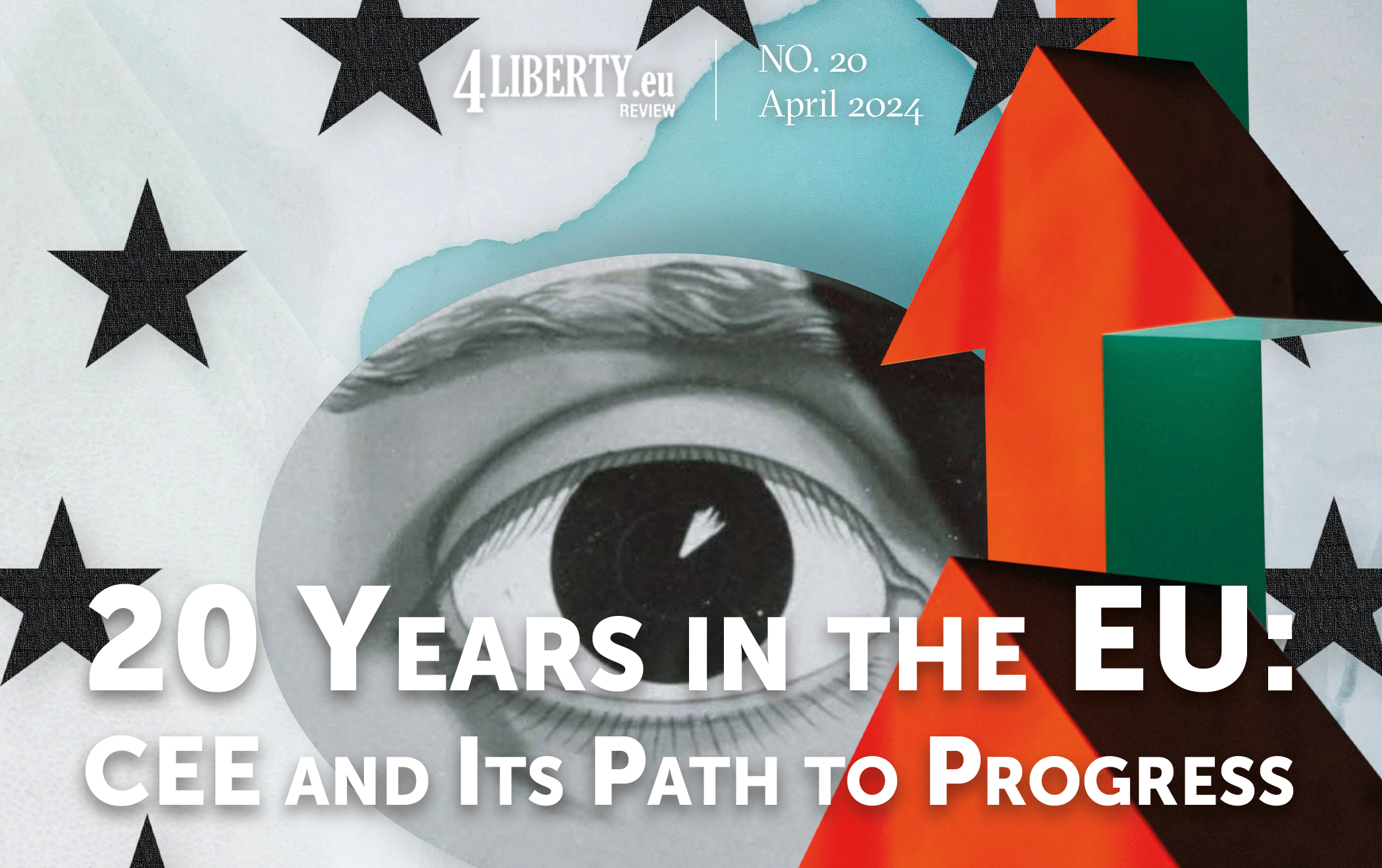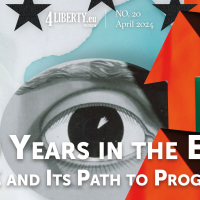
The enlargement of the European Union (EU) in 2004 was of high importance not only because it was the largest round of accessions so far, but also due to the fact that most joining countries were Central and Eastern European (CEE) ones – speaking in geographical terms – and formerly belonged to the Eastern Bloc. That background has left a lasting mark, both politically and culturally, on the social fabric of these countries. During the past 20 years, the perception of the EU in these countries has shifted many times, creating an ever-changing curve of approval and disapproval that is heavily influenced by governments and the messages they are conveying about the EU.
It is, therefore, crucial to better understand how the image of the EU has changed in Central and Eastern European countries over the last two decades, what it was like before the accessions in the early years of membership, and more recently. While the geographical scope for addressing these questions is quite wide, it might be helpful to draw somewhat general conclusions and paint a comprehensive picture of the EU’s perception throughout the years.
DOWNLOAD FULL ARTICLE (PDF):
02-IZABELL BÁLINT EVOLUTION OF HOW CEE PERCEIVES THE EUROPEAN UNION
In an analytical sense, the focal point is determining the factors that have been influencing the image of the EU in these countries via a deeper study of Poland and Hungary. These two countries have been a prime example of how political leadership can influence the way the EU is viewed by a society, as well as how to distort the perception. The final goal is to reach conclusions that can be applied to the countries of the Central and Eastern European area and assessing the challenges of the past, and their contemporary impacts.
Domestic Transitions in the Acceding Countries Before 2004: The Aftermath of the Communist Regime
When assessing and analyzing the 2004 EU enlargement, it is crucial to keep in mind that the majority of the ten acceding countries had belonged to the Eastern Bloc until the then relatively recent collapse of the USSR. In order to understand the period leading up to negotiations and the accession of CEE countries, one must take into account the processes that characterized the domestic political and cultural sphere at the time. It can be concluded that former communist countries were in a period of transitioning from an authoritarian regime to a democratic and pluralist political system, accompanied by extensive and deep economic transformation.
System transformations usually entail a political purge and ensuring that justice – or at least what is perceived as justice – is served. As a new government takes the lead, people get the desire to remove those who collaborated with the previous regime from the political elite. However, in the case of the former communist countries that later joined the EU, this process was quite difficult because of the high involvement rate of citizens in different branches of the communist regime. This piece of historical heritage created a changing and evolving society in the 1990s, characterized by the re-emergence of the civil society that had been suppressed during the socialist period.
The historic background provided by the communist regime had severe and long-lasting impacts on both the political culture and the society of these countries. On the one hand, after a time period when the international community split in half along the strong West versus East division, citizens formerly belonging to the Eastern Bloc had the desire to become more like Western societies. They wanted to internalize values perceived as Western and modern – a desire that was embodied in the European Union.
Therefore, there was a strong sense of ‘Euroenthusiasm’ among the citizens of these states. They wanted political, economic, and social developments and the EU was perceived as the potential source of all of them. Moreover, the possibility of accessing the free market and furthering the democratization process of their own countries were two incentives for people to support the idea of becoming EU members.





















